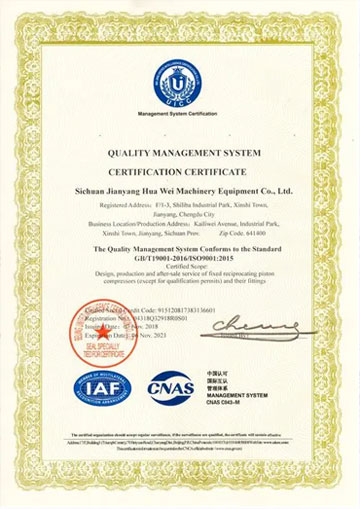

Exploring the Role and Importance of Steel Fasteners in Modern Engineering and Construction Applications
Ogo . 06, 2024 11:21 Back to list
Exploring the Role and Importance of Steel Fasteners in Modern Engineering and Construction Applications
The Essential Role of Steel Fasteners in Modern Engineering
In the realm of engineering and construction, steel fasteners play a critical role in ensuring the integrity, durability, and safety of structures and machinery. These small yet powerful components, which include bolts, nuts, screws, and washers, are indispensable in holding materials together and providing stability to various applications. This article delves into the importance, types, advantages, and applications of steel fasteners in today's industrial landscape.
Importance of Steel Fasteners
Steel fasteners are more than just tools; they are fundamental to the functionality of countless products and structures. Their primary purpose is to join different components securely, allowing them to function as a cohesive unit. This capability is particularly vital in sectors like construction, automotive, aerospace, and manufacturing, where the reliability of every joint can affect overall safety and performance. Furthermore, the choice of fastener directly influences the longevity and maintenance requirements of an assembly.
Types of Steel Fasteners
Steel fasteners come in a variety of shapes and sizes, each tailored for specific applications. Some of the most common types include
1. Bolts These are heavy-duty fasteners that require a nut to secure two or more components together. They are often used in conjunction with washers to distribute load and prevent loosening due to vibration.
2. Nuts Typically hexagonal in shape, nuts are used in conjunction with bolts to create a secure fastening system. They come in various grades and materials to suit different needs.
3. Screws Unlike bolts, screws are designed to create internal threads as they are driven into a material. They are commonly used in wood and drywall applications.
4. Washers These flat discs are used to distribute the load of a fastener, prevent wear, and reduce the risk of loosening over time.
5. Anchors Used primarily in masonry and concrete applications, anchors provide a secure hold for fasteners in materials that cannot be easily threaded.
steel fasteners

Advantages of Steel Fasteners
Steel fasteners offer several advantages that make them the preferred choice in many applications
1. Strength Steel, being a high-strength material, provides exceptional tensile and shear strength. This strength ensures that fasteners can withstand heavy loads and resist deformation.
2. Corrosion Resistance Many steel fasteners are treated with coatings such as zinc plating or are made from stainless steel to resist rust and corrosion. This feature extends their lifespan, particularly in harsh environments.
3. Cost-Effectiveness Compared to other materials, steel fasteners are often more affordable, allowing manufacturers to produce reliable products while keeping costs down.
4. Versatility Steel fasteners can be used in a wide range of applications, from simple household repairs to complex engineering projects.
Applications of Steel Fasteners
The applications of steel fasteners are vast and varied. In the construction industry, they are used to secure beams, columns, and frames, ensuring structural integrity. In the automotive sector, fasteners are essential in assembling complex machinery, engines, and body components. The aerospace industry relies on high-performance fasteners to withstand extreme conditions, while in manufacturing, they play a crucial role in assembling everything from appliances to heavy machinery.
Conclusion
In conclusion, steel fasteners are an integral component of modern engineering and construction. Their strength, versatility, and cost-effectiveness make them indispensable in a wide array of applications. As technology continues to evolve, the development and refinement of steel fasteners will remain a cornerstone of safe and efficient manufacturing and construction practices. Understanding their importance not only enhances design and engineering processes but also ensures the reliability and durability of the structures and products we rely on daily.
Latest news
-
Best Self Tapping Screws for Drywall - Fast & Secure Installation
NewsJul.31,2025
-
High-Strength Hot Dip Galvanized Bolts-Hebei Longze|Corrosion Resistance&Customization
NewsJul.31,2025
-
Hot Dip Galvanized Bolts-Hebei Longze Metal Products|Corrosion Resistance&High Strength
NewsJul.31,2025
-
Hot Dip Galvanized Bolts-About LongZe|High Strength, Corrosion Resistance
NewsJul.30,2025
-
High-Strength Hot Dip Galvanized Bolts - Hebei Longze | Corrosion Resistance, Customization
NewsJul.30,2025
-
Hot Dip Galvanized Bolts-Hebei Longze|Corrosion Resistance&High Strength
NewsJul.30,2025

